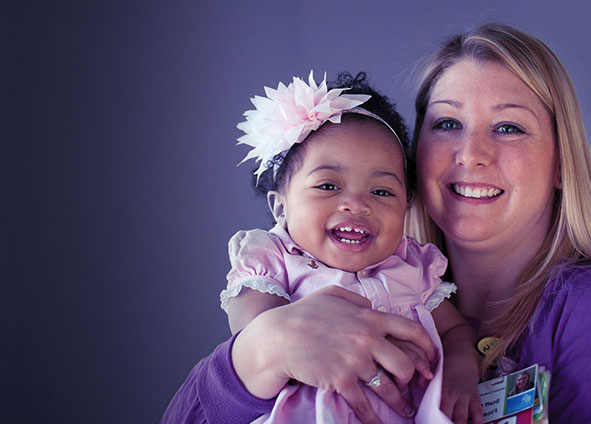May also be called: Developmental Expressive Language Disorder
Expressive language disorder is a condition where someone has difficulty putting words together, a limited vocabulary, or an inability to use language in a socially appropriate way.
More to Know
Speaking problems generally fall into two categories: speech disorders and language disorders. A speech disorder refers to a problem with the actual production of sounds. A language disorder refers to a difficulty understanding or putting words together to communicate ideas.
Language disorders can be either receptive or expressive. People with receptive disorders have trouble understanding or processing language. People with expressive disorders have trouble getting their message across to others or making themselves understood. Expressive language disorders are often first noticed in children before the age of 4, but adults and teens can also develop language disorders following brain injuries.
If they go untreated, expressive language disorders in children can lead to problems with social development and may eventually make it difficult for them to function independently as adults. Treatment for an expressive language disorder should be started as soon as the condition is diagnosed. Treatment typically involves working with a speech-language pathologist, also known as a speech therapist.
Keep in Mind
Overcoming an expressive language disorder can take some time and effort, so it's important that all family members be patient and understanding. Many causes of language disorders can be treated effectively, although disorders caused by brain injuries may be more difficult to treat.
All A to Z dictionary entries are regularly reviewed by KidsHealth medical experts.


